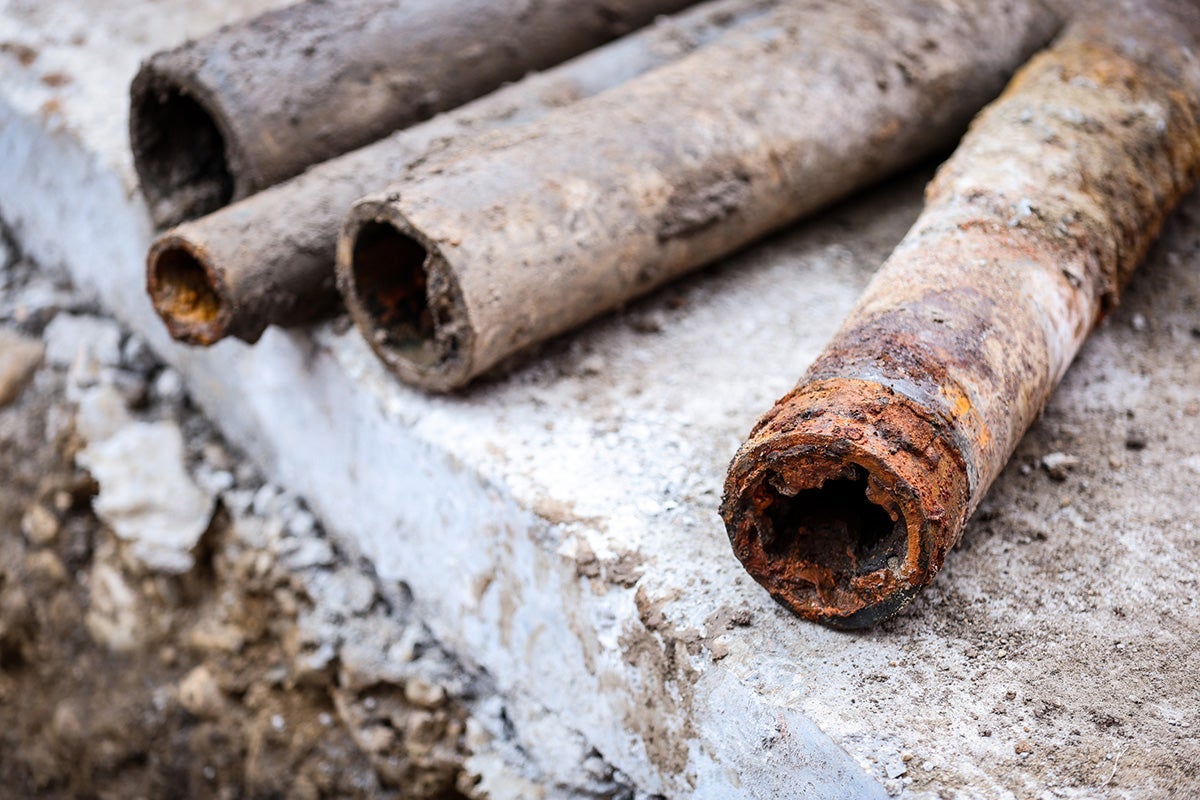Lead pipe replacement free in Boston, but uptake slow

March 21, 2024 – A year-old program offers property owners in Boston free replacement of old lead service lines that carry water from the public supply to homes. But only about 400 homeowners have taken advantage of the program so far, according to recent media reports.
Officials at the Boston Water and Sewer Commission have identified roughly 3,000 lead pipes supplying people’s homes, although they say that there may be thousands more. Federal grants are helping finance the free program to replace the pipes. City residents quoted in a March 19 Boston Globe article said they either didn’t know about the program or didn’t know it was free.
Lead has been linked with brain damage in children and a variety of problems in adults, including cardiovascular disease, decreased kidney function, and cancer. Health experts say that no amount of lead in drinking water is safe.
In late November 2023, the Environmental Protection Agency proposed strict new rules requiring that the nation’s lead pipes be replaced within 10 years. To formulate the new roles, the EPA relief heavily on research conducted by Ronnie Levin, instructor, and Joel Schwartz, professor of environmental epidemiology, both in Harvard T.H. Chan School of Public Health’s Department of Environmental Health. Their research showed that the health and infrastructure benefits of reducing lead in drinking water were 20 times greater than what the EPA had previously calculated.
Levin was quoted about the importance of replacing lead pipes in the Boston Globe article and in a March 20 interview on CBS News Boston.
“Lead pipes, where they are present, are the biggest single contributor to lead contamination,” Levin told CBS News Boston.
Read the Boston Globe article: Boston struggles to persuade property owners to replace their lead pipes
Watch the CBS News Boston interview: Program allows Boston residents to swap out old lead pipes for free
Learn more
Plan to eliminate lead pipes a ‘big win’ for Harvard Chan School scientists (Harvard Chan School news)
Photo: iStock/roibu


